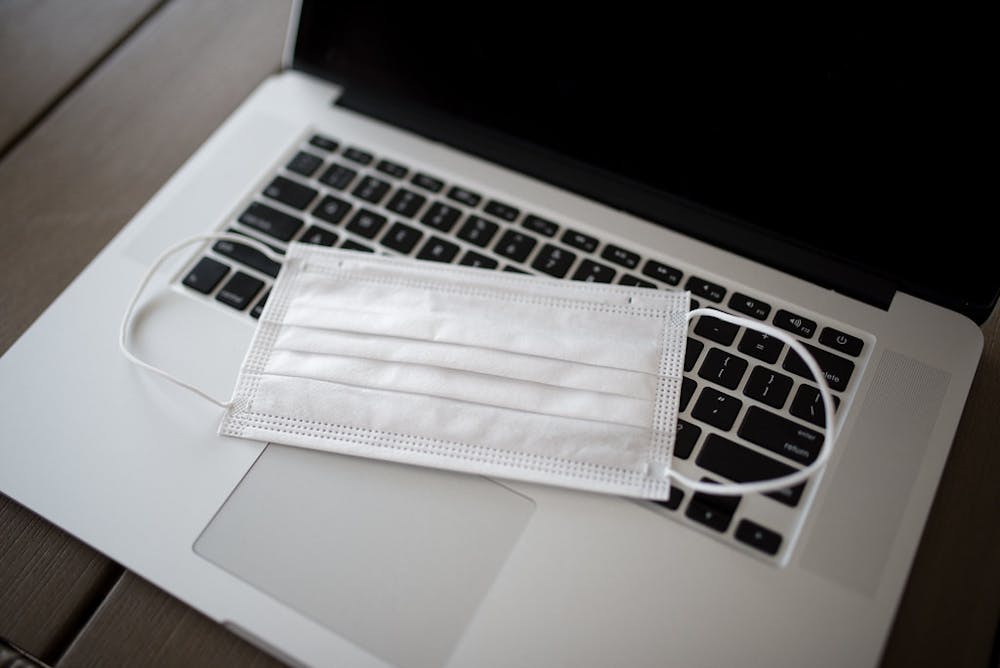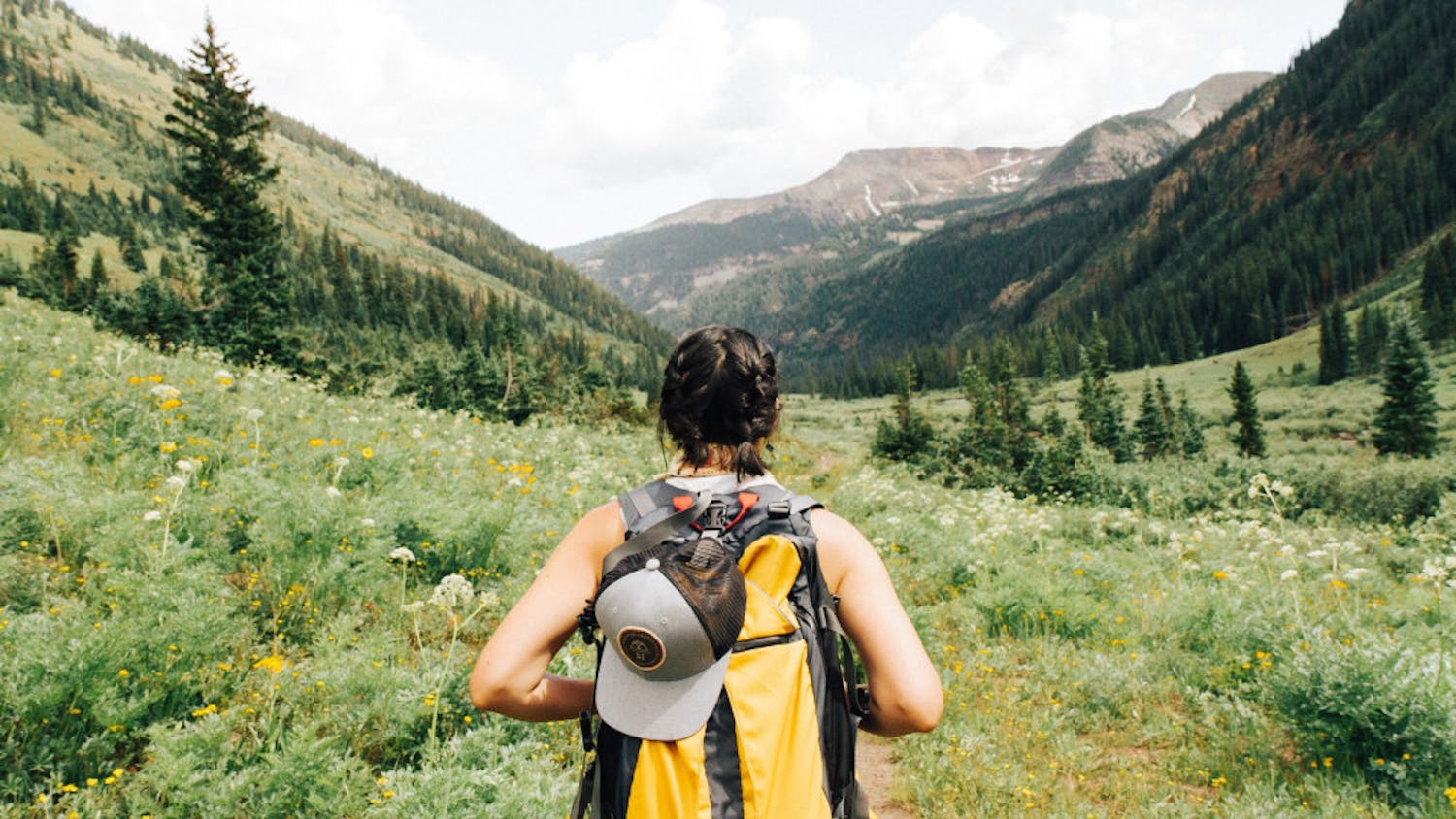It’s your first time out to dinner in almost a year. The restaurant is at capacity, and even though you’re vaccinated you can’t help but feel nervous as your server brings your meal. You might feel as if you’re thinking irrationally, but it is entirely normal to have some anxiety about the reopening process as things in Washington state slowly return to something resembling pre-pandemic normalcy. As of June 30 many of the state’s social distancing mandates have been lifted. While this is an exciting prospect, if you find it a bit frightening you’re not alone.
According to the American Psychological Association, a study found that almost half of Americans are nervous about readjusting to old social situations and in-person interactions as we continue the reopening process. That same study indicated that this proportion did not change much among those who were vaccinated when compared to those who were not.
Whatcom County is not unique in this regard; some residents report a similar nervousness surrounding a return to pre-pandemic norms. In an email interview Amee Severson, Bellingham resident and eating disorder dietician, discussed their concerns about the reopening process.

Amee Severson, a Bellingham resident, discussed her concerns about reopening with The Front. // Courtesy of Amee Severson
“Larger crowds still feel anxiety provoking for me in both indoor and outdoor settings,” Severson said. “Indoors are far more stressful. I think in part it's from knowing too many people who are refusing to be vaccinated, who aren't and haven't been taking proper precautions, and knowing my immune status.”
Severson went on to raise several important concerns about the long-term impacts of COVID-19 on not only their own health, but that of their family.
“And I have a child,” Severson said. “She's 7 and vaccination isn't even an option for her until at least September. Kids have a lesser risk of dying from COVID-19, but it's not nothing. I also give her the flu shot and don't let her go to birthday parties when she is sick to protect other people. The newer variants are proving to be more dangerous for children, as well. Luckily my kid has had an amazing sense of masking and has been so understanding of why we are doing this, even if this year has impacted her more than I can possibly imagine.”
AJ Robin, a student and employee of Western Washington University, raised similar concerns to Severson. In a Reddit post she discussed concerns about how quickly she feels people have returned to pre-pandemic practices.
“I definitely am feeling anxious,” she said. “I think the general population is acting a little too cavalier about going maskless.”
These kinds of concerns are not only understandable and entirely valid, but also normal. Many Americans have spent much of the past year following strict social distancing protocols and isolating themselves from many pre-pandemic social situations when possible. Readjusting to daily life and more social interaction would be difficult even absent the continuing threat of COVID-19, so given the circumstances concerns about reopening are justified.
Thankfully, there is plenty of reliable guidance on how to protect yourself and those around you during this period of transition.
“If you're unsure about whether the people around you are vaccinated, the safest thing you can do is to get vaccinated,” advised Scarlet Tang, a communications specialist at the Whatcom County Health Department, via email. “The [COVID-19] vaccines are extremely effective at preventing severe cases of [COVID-19]. You can also continue to wear your mask, wash your hands frequently and maintain at least six feet of distance.”
For those who are nervous about how to follow the proper protocol and readjusting to more crowded areas after the lifting of statewide social distancing requirements, Tang suggested keeping things in perspective and going at one’s own pace.
“It's okay to take things slowly,” Tang said. “Resuming activities one step at a time is likely to work better than rushing into things. Maybe first try an outdoor gathering with a few other vaccinated people, then a short indoor gathering. Don't pressure yourself or compare yourself with others in the process.”
Tang also recommended that people nervous about readjusting to social situations should consider reading the tips provided by the Anxiety & Depression Association of America about how to manage reentry anxiety, which include taking a gradual approach and attempting to carefully consider what aspects of your own reentry you can control.
It is important to be patient with oneself as we adjust to changing standards. While the new normal is not exactly like the old, we can keep ourselves healthy and safe by taking things slow, following expert guidance when possible and being patient with ourselves.
Caleb Lyon (he/him) is the opinion editor for the Front this quarter. He is a fourth-year studying Medieval History with minors in Latin and Law, Diversity, and Justice. Caleb has a wide range of writing interests and is hoping to expand community submissions to the Opinion section during his time at The Front. In his free time, he can be found reading, visiting museums, or enjoying the outdoors. You can reach him at westernfront.opeditor@gmail.com.








